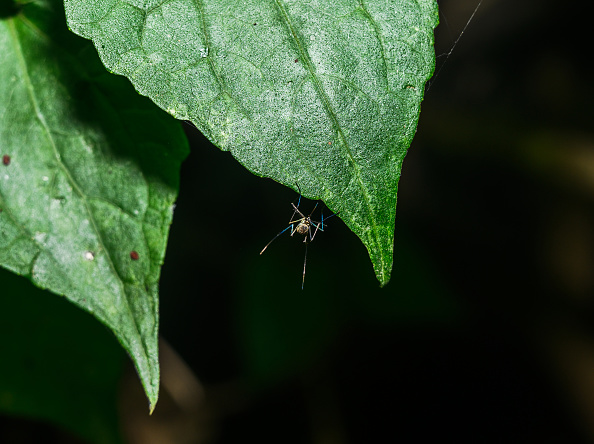In response to reported cases of Zika virus in Maharashtra, Dr. Atul Goel, Director General of Health Services, Ministry of Health and Family Welfare, has issued an advisory urging states to stay vigilant about the Zika virus situation.
Zika virus can cause microcephaly and neurological problems in babies born to infected pregnant women. States have been advised to alert clinicians to closely monitor such cases. Health facilities in affected areas or those treating patients from these areas should screen pregnant women for Zika virus, monitor fetal growth if the mother tests positive, and follow Central Government Guidelines. Health facilities and hospitals are also instructed to appoint a nodal officer to ensure premises are free from Aedes mosquitoes, which transmit the virus.
The advisory emphasizes the importance of strengthening surveillance and intensifying mosquito control activities in homes, workplaces, schools, construction sites, institutions, and health facilities. States are urged to promote awareness through social media and other platforms to reduce public panic, as Zika is generally a mild viral infection with most cases being asymptomatic. Notably, no cases of Zika-associated microcephaly have been reported in India since 2016.
To detect and control any potential outbreaks, state authorities are advised to stay vigilant, be prepared, and ensure the availability of necessary resources. Any detected cases should be immediately reported to the Integrated Disease Surveillance Programme (IDSP) and the National Center for Vector Borne Diseases Control (NCVBDC).
Zika testing is available at the National Institute of Virology (NIV) in Pune, the National Centre for Disease Control (NCDC) in Delhi, and selected ICMR virus research and diagnostic laboratories. Regular reviews are being conducted at higher levels.
Earlier this year, the DGHS issued an advisory on April 26, and the Director of NCVBDC issued advisories in February and April 2024 to warn states about Zika, Dengue, and Chikungunya, all transmitted by the same mosquito.
Zika is a viral disease spread by Aedes mosquitoes, similar to Dengue and Chikungunya. While not fatal, Zika can cause microcephaly (a condition where babies are born with small heads) in infants of infected pregnant women, making it a significant concern.
India reported its first Zika case in Gujarat in 2016. Since then, cases have been reported in Tamil Nadu, Madhya Pradesh, Rajasthan, Kerala, Maharashtra, Uttar Pradesh, Delhi, and Karnataka.
In 2024, Maharashtra reported eight cases: six in Pune, one in Kolhapur, and one in Sangamner.




















